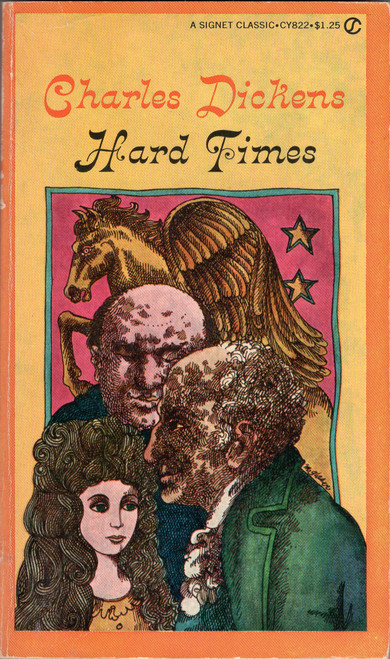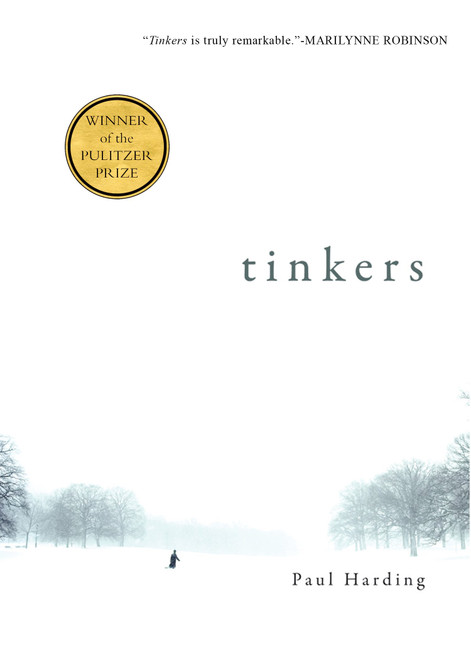Murdering the Innocent! Facts, Facts, Facts. Teach these children facts, not fancies. Sense, not sentimentality. Conformity, not curiosity. Proof and demonstration, not poetry and drama....On this bleak tenet is run the Gradgrind model day school in Hard Times.
No other work of Dickens presents so relentless an indictment against the callous greed of the Victorian industrial society and its misapplied utilitarian philosophy as this fiercest of his novels. With savage bitterness Dickens unmasks the hellish industries that imprisoned the bodies of the helpless labor class and the equally satanic institutions that shackled the development of their minds.
Editorial Reviews
"Carlyle never voiced a more burning denunciation of the dismal science of classical economic theory." --Edgar Johnson
"This is Karl Marx, Carlyle, Ruskin, Morris, Carpenter, rising up against civilization itself as a disease...." --G. Bernard Shaw
About the Author
Charles Dickens was born in a little house in Landport, Portsea, England, on February 7, 1812. The second of eight children, he grew up in a family frequently beset by financial insecurity. At age eleven, Dickens was taken out of school and sent to work in London backing warehouse, where his job was to paste labels on bottles for six shillings a week. His father John Dickens, was a warmhearted but improvident man. When he was condemned the Marshela Prison for unpaid debts, he unwisely agreed that Charles should stay in lodgings and continue working while the rest of the family joined him in jail. This three-month separation caused Charles much pain; his experiences as a child alone in a huge city–cold, isolated with barely enough to eat–haunted him for the rest of his life.
When the family fortunes improved, Charles went back to school, after which he became an office boy, a freelance reporter and finally an author. With Pickwick Papers (1836-7) he achieved immediate fame; in a few years he was easily the post popular and respected writer of his time. It has been estimated that one out of every ten persons in Victorian England was a Dickens reader. Oliver Twist (1837), Nicholas Nickleby (1838-9) and The Old Curiosity Shop (1840-41) were huge successes. Martin Chuzzlewit (1843-4) was less so, but Dickens followed it with his unforgettable, A Christmas Carol (1843), Bleak House (1852-3), Hard Times (1854) and Little Dorrit (1855-7)reveal his deepening concern for the injustices of British Society. A Tale of Two Cities (1859), Great Expectations(1860-1) and Our Mutual Friend (1864-5) complete his major works.







